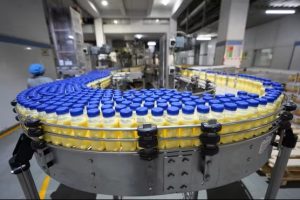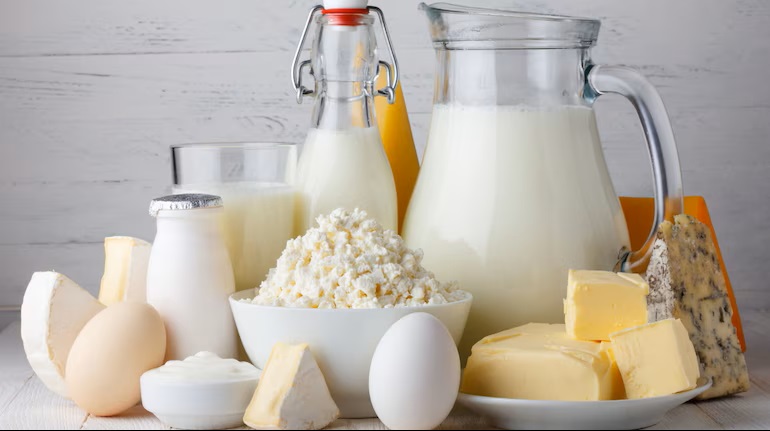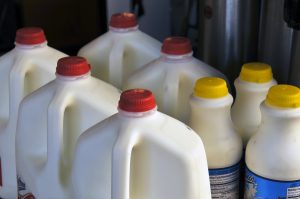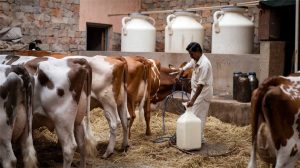
India’s Stance on Dairy Imports Is a Complex Mix of Cultural Beliefs, Economic Stability, and Food Safety, Not Just Trade Protectionism.
In ongoing trade talks, India’s government has taken a firm and unwavering stance against opening its agribusiness market to US dairy imports, a position strongly backed by Prime Minister Narendra Modi. This rejection is not simply a protectionist measure, but a complex decision rooted in a combination of cultural, religious, and economic concerns. This firm stance has persisted despite tariff pressures from the US, highlighting India’s prioritization of its farmers’ interests and its socio-cultural values over global trade agreements.
A central point of contention for India is the cultural and religious sanctity of the cow. In India, dairy products from cattle are integral to daily life and are used in a wide range of religious ceremonies and rituals. The use of non-vegetarian components in cattle feed, such as blood, bone, and meat meal—a common practice in industrial US dairy farms—is a direct violation of the religious norms of Hindus, Jains, and Sikhs. Importing products from cows fed in this manner would deeply offend the beliefs of a large segment of India’s population who use dairy products for pious ceremonies and as part of a vegetarian lifestyle.
Beyond the cultural aspects, India’s position is also based on a significant lack of transparency in US food labeling. Current US regulations, overseen by agencies like the FDA and USDA, do not require dairy producers to disclose whether their cows are fed animal-derived ingredients. This regulatory gap poses a serious threat to Indian consumers, as they would be unable to make informed choices based on their religious and cultural beliefs. In a market where such information is not required unless voluntarily disclosed, India’s government views importing these products as a violation of its citizens’ right to dietary transparency.
The economic implications are equally critical. The US dairy industry benefits from heavy government subsidies, with the USDA spending billions of dollars in subsidies and relief payments over recent decades. These substantial subsidies give US producers the capacity to sell their products at prices well below the cost of production, which would severely undercut the livelihoods of millions of small-scale Indian dairy farmers. This kind of competitive pressure from heavily subsidized imports would be a “sure recipe for disaster” for India’s domestic dairy economics, jeopardizing an industry that forms the backbone of its rural economy.
Finally, India’s resistance is also informed by health and safety concerns. The article points to the high levels of antibiotics and artificial hormones often used in industrial US dairy farms to boost productivity. This is another reason successive Indian governments, supported by farmer-centric organizations like the Swadeshi Jagaran Manch (SJM) and the Bharatiya Kisan Sangh (BKS), have consistently resisted US efforts to open the market. The stance is not about protecting the industry from fair competition, but about safeguarding its cultural fabric, economic stability, and the health of its consumers, providing a unique perspective for the international dairy community.
Source: Moneycontrol: Why India’s approach to dairy in trade talks is rooted not in protectionism but in cultural fidelity
You can now read the most important #news on #eDairyNews #Whatsapp channels!!!
🇮🇳 eDairy News ÍNDIA: https://whatsapp.com/channel/0029VaPidCcGpLHImBQk6x1F

















